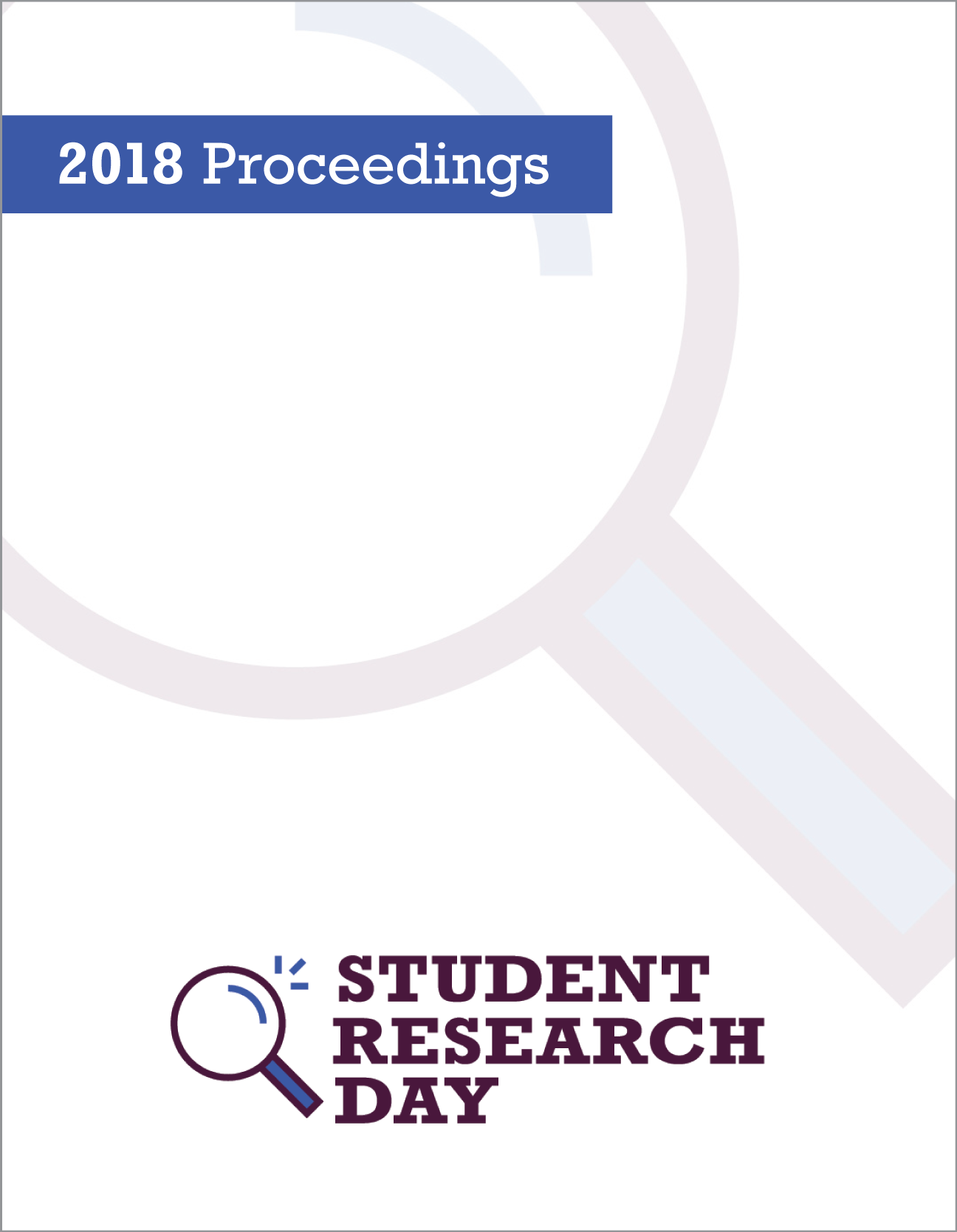Health Anxiety and Disordered Eating
Examining Differences and Similarities in Etiological Factors
Abstract
Health anxiety (HA) describes worry about one’s health, and can range on a continuum from mild to severe. For example, someone with severe HA might be convinced a headache is indicative of a brain tumour. They may continue to have this belief despite medical reassurance that they do not have a tumour. The DSM defines eating disorders (ED) as an impairment in functioning caused by a disturbance in eating, which leads to the altered consumption of food. Previous research has found increased body checking behaviours in ED and HA when compared to healthy controls. However, there is a lack of research looking at other important cognitive factors in individuals high in both HA and ED. The present study will compare four groups, those high in only HA, those high in only ED behaviours, those high in both HA and ED behaviours, and a control group of those low in both HA and ED behaviours. This study will first explore if the groups report different levels of body checking behaviours. The second factor to be explored is metacognitive beliefs, which are the positive or negative beliefs people have about their thinking. Finally, the study will examine differences in intolerance of uncertainty, which is when an individual has negative beliefs surrounding uncertain situations. Past research has shown that both those with HA and ED have reported high levels of these factors, though research has not looked at levels of these factors when someone is high in both HA and ED.
Discipline: Psychology (Honours)
Faculty Mentor: Dr. Alexander Penney
References
Published
Issue
Section
License
Authors retain any and all existing copyright to works contributed to these proceedings.



